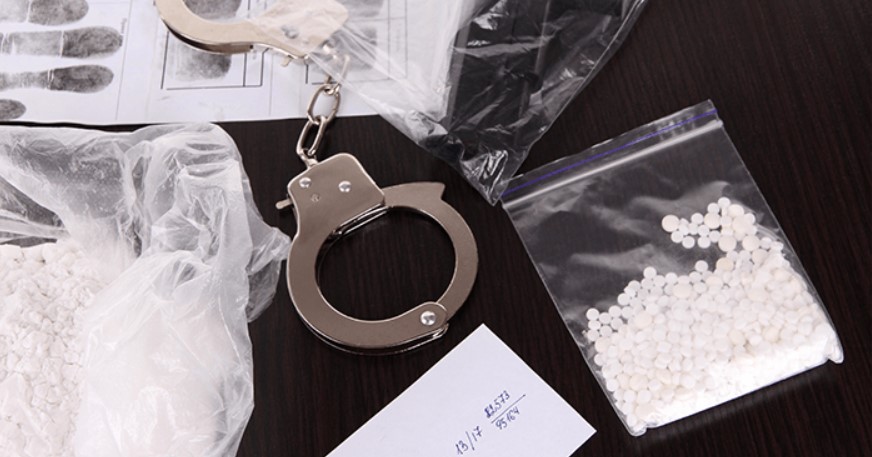
Bail bonds are a means to get people charged with crimes out of jail during their court appearances. It’s a contract between the court and the defendant, where the latter promises to appear in court. Bail bonds are often paid in the courthouse, but you can use a secured bond if you don’t have the cash to post the money yourself. Know more at bail bonds Allentown PA.
Bail bonds allow people charged with crimes to escape jail between court appearances.
A bail bond also called a surety bond, allows you to escape jail between court appearances. This type of bail is a legal way for someone to escape prison pending trial while avoiding the long-term cost of incarceration. The system evolved from the English bail system, established during the Middle Ages. The Habeas Corpus Act (1677) created magistrates to set bail. The English Bill of Rights (1689) included restrictions against excessive bail, which inspired the Virginia state constitution and the Eighth Amendment to the United States Constitution. In addition to bail bonds, the Sixth Amendment to the Constitution states that “all persons under arrest shall be informed of their status, including their right to request bail.”
Usually, bail is set at a certain amount, which the judge determines. In some cases, the court may increase bail if the accused poses a flight risk or if the crime is not severe enough to warrant a higher bail amount. However, the judge can still decide on bail and revoke the right to bail.
They are an agreement between the court and the defendant.
Posting bail involves a financial guarantee from the accused of an offense. The court sets a bail amount, and the defendant agrees to pay it in exchange for the assurance that they will appear in court when required. In return for this guarantee, the defendant is released from custody. In addition, the court sets other conditions, including forfeiting the defendant’s passport or continuing employment. Although bail is always accepted in cash, the court may require collateral, such as a car or other property.
A co-signer may agree to pay a fee that ranges from ten to twenty percent of the bail amount. Bail bonds are not a good option for individuals without extensive knowledge of the defendant’s situation or the legal process. However, if you cannot pay the total amount of the bail bond, it is always best to negotiate the terms with the bail bondsman. Make sure that you know the person you’re bailing out and can trust them. If you are willing to take on this responsibility, it’s better to be able to come to court to collect your loved one if necessary.
They are a surety that a person will show up for court appearances.
Bail Bonds are a way to ensure that a person will appear for court appearances. Court appearances are stressful times for both individuals and their families. Often, the person puts up the money but then has to pay an expensive lawyer to defend them. Bail Bonds can help alleviate this stress and make court appearances more manageable.
Like car insurance, a bail bond ensures a person’s appearance in court. A surety bond will pay a fixed premium for the defendant’s court appearances. The person who posts the bond will not have to pay the fines and court costs, allowing them to make arrangements. A bail bond will not become a bank and will only be used to cover the cost of freedom.
They can be paid at the courthouse.
Bail Bonds are often paid in the courthouse for your loved one who has been arrested. Bail is a legal way of providing security for the accused, and a person who has been arrested will have to appear in court to receive the cash. You will have to pay a small fee if you pay your bail by bond. Your loved one’s court date will depend on the type of bond you choose, but there are other options besides cash.
You can pay your bond in the courthouse if you can afford to. However, you must remember that the judge will ask you questions about your finances and whether you can afford the full bail. If the defendant shows up, the court will return the money to you. If they do not, you will have to pay the full amount of bail again. This can be costly for you, so it is wise to make sure you can afford it.
Bounty hunters can retrieve them.
Bounty hunters are a great way for Bail Bonds to be retrieved. However, this practice is not legal, and bounty hunters must violate federal law. As a result, bounty hunters are usually contracted by bail agencies. Bounty hunters are responsible for retrieving bail payments, and they will sue anyone who skips a court date. Bounty hunters also can defer or forcibly repossess bail for a missed court date.
Bounty hunters are often armed with firearms and other weapons, such as tasers and pepper spray. While armed, bounty hunters must adhere to state laws. For instance, some states do not allow bounty hunters to carry weapons. In contrast, others require that they wear clothing that identifies them as bail recovery agents and is associated with a bail bond agency. Bounty hunters are also subject to rigorous paperwork and must meet specific standards.
They can be challenging to find
Searching for the right Bail Bonds company can be daunting, but with a few simple tips, you can find the best service for your needs. First, ensure the company you are looking at offers the right service. A quality bail bonds service should be able to explain the bail process in simple terms. They should also ensure that their clients show up for court dates. Missing these dates can lead to hefty fines and other legal troubles. Finally, look for a bail bonds company with 24-hour customer support if possible.
Cash can be good collateral for bail bonds, as it is the simplest form of collateral. Customers can wire funds to a bail bond company or present a cashier’s check. The advantage of cash is that everyone can understand it. A bank might be willing to write a Letter of Credit if cash is not an option. However, this type of collateral is more challenging and requires a close relationship with the bank.





